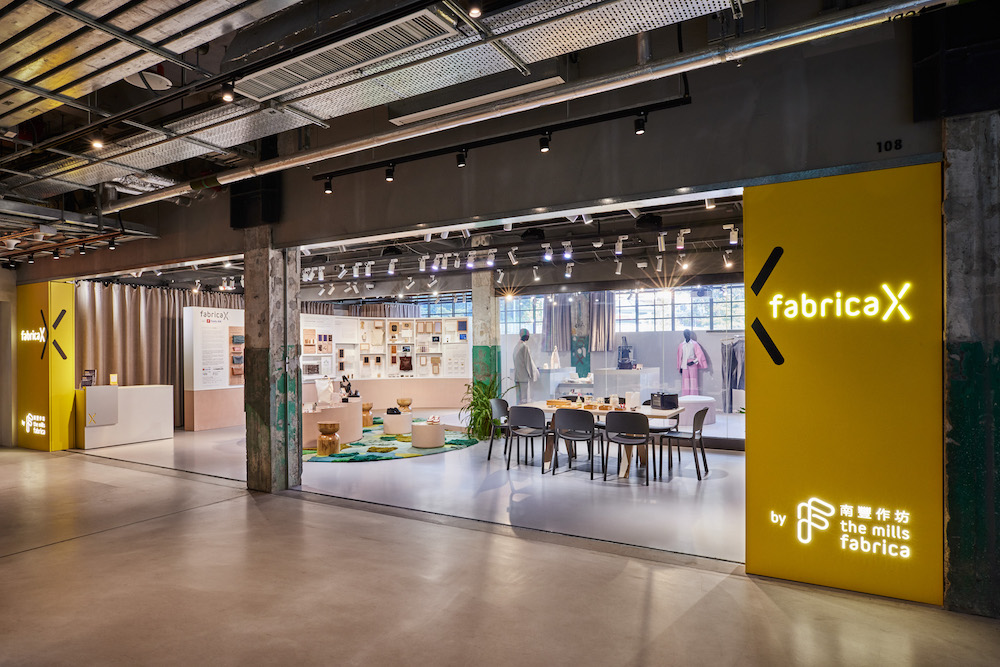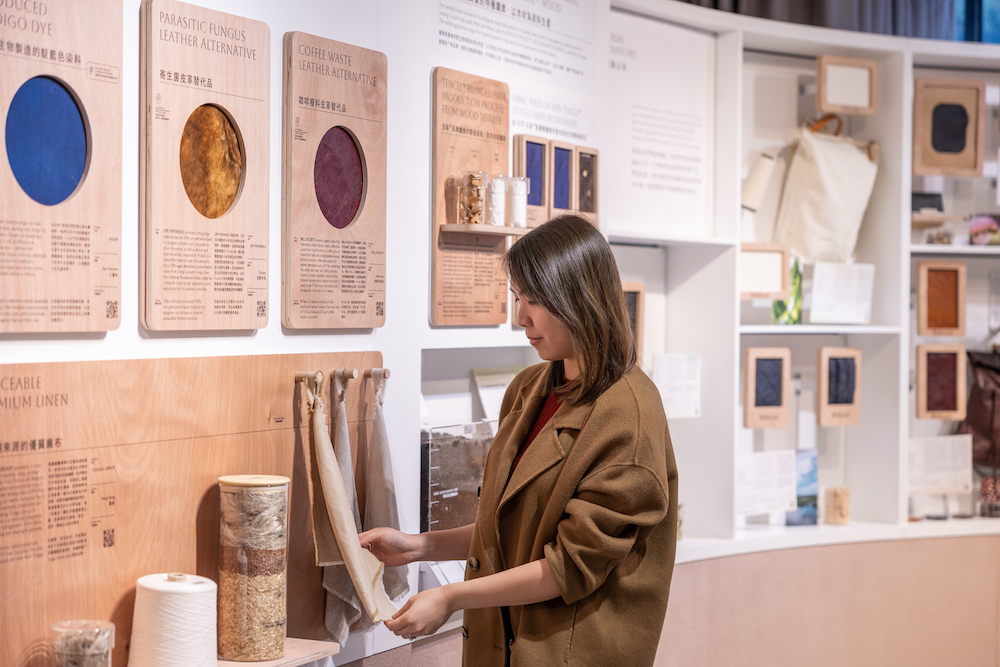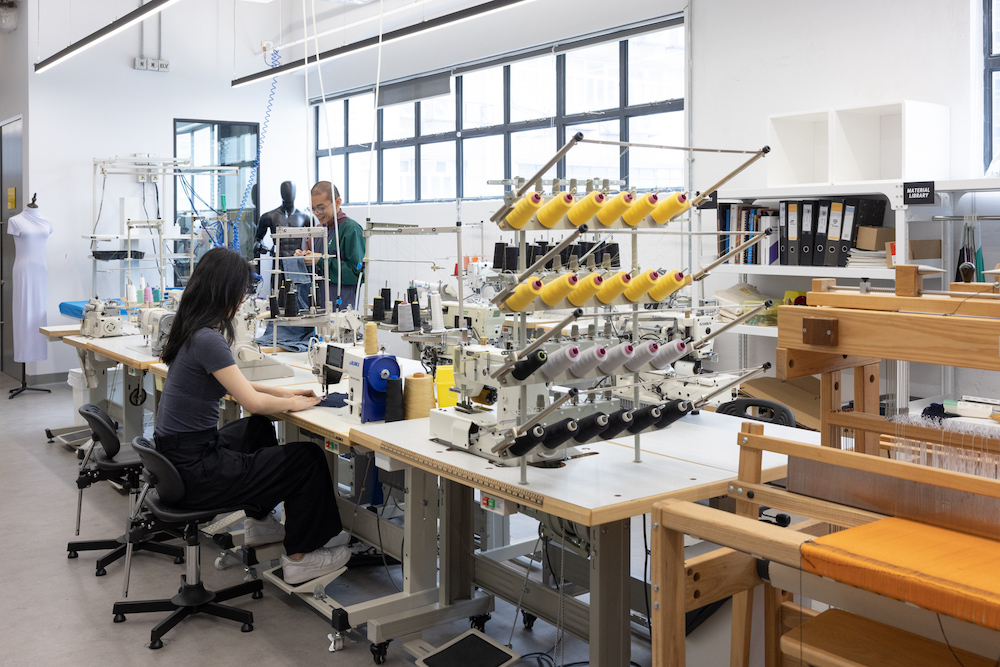The idea of a startup incubator operating a retail store is rather unconventional, but that’s what The Mills Fabrica has done exactly.
Along Pak Tin Par Street in Tsuen Wan, Hong Kong, lies The Mills. It is a retail and cultural space converted from a former texture mill, and within the space sits Fabrica X: an impact retail store run by TMF. As their names might suggest, Fabrica X, The Mills, and TMF are related—they are all part of Hong Kong conglomerate Nan Fung Group.

Fabrica X was established by TMF as a space for startups in the textiles, food, and agriculture sectors to showcase their products. But Cintia Nunes, general manager and head of Asia at TMF, said that the store’s utility goes beyond that.
“Having a retail store allows us to support startups and innovators throughout their journey, from prototyping to commercialization. It provides a platform to showcase their products and gather valuable feedback from customers. Fabrica X also serves a broader purpose beyond sales. It is an educational arm of our organization, aiming to advocate for and educate the general public about social and environmental impacts,” Nunes said.

Central to the purpose of starting Fabrica X is to offer startups a chance to showcase their products, but the curation process is partly dependent on consumer demand too.
“We work on a consignment model to support these brands while also gathering valuable data on consumer preferences. Our main challenges include conducting thorough research to ensure the information we provide is accurate. We track our impact through surveys and assessments to continuously improve our offerings. Overall, the goal is to shift consumer mindsets and encourage conscious consumption through our retail store experience,” Nunes said.
Fabrica X represents just one of the avenues that TMF is exploring to promote sustainable practices. TMF has established a dynamic ecosystem to help startups flourish, comprising co-working spaces, event venues, prototype labs, and more. Additionally, TMF organizes hands-on activities and workshops to foster discussions with and between businesses, investors, schools, and individuals.

According to Nunes, TMF’s ambition is to expand this concept beyond Hong Kong, reaching out to more people and driving awareness for individuals to make conscious choices regarding what they eat, drink, and wear.
Shifting the focus to Southeast Asia
Although a significant number of TMF’s portfolio companies hail from the US and Europe, Southeast Asia has piqued its interest with the emergence of new technology and innovations.
“In Southeast Asia, there is widespread recognition among various stakeholders about how climate change has led to challenges in food security and resilience. With its strong manufacturing base, the region holds significant importance, especially in industries such as textiles, food, and agriculture. We recognize the need to establish a stronger presence in Asia to fully support the entire value chain, including manufacturing and logistics,” Nunes said.
Nunes aspires for TMF to build a platform that connects Asia to global markets, including the US and Europe, to facilitate the growth of startups in both impact and business. With more clean tech developments emerging in the region, such as innovative animal feed, alternative proteins, and smart farming practices, Nunes sees a promising future for clean tech startups.
“A collaborative approach allows us to leverage the strengths of various stakeholders rather than establishing standalone spaces. We believe in the importance of working together and partnering with organizations, cities, and countries to collectively drive positive change,” Nunes said.
